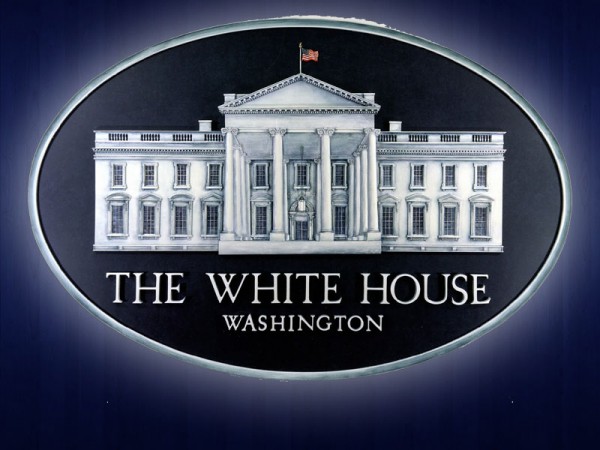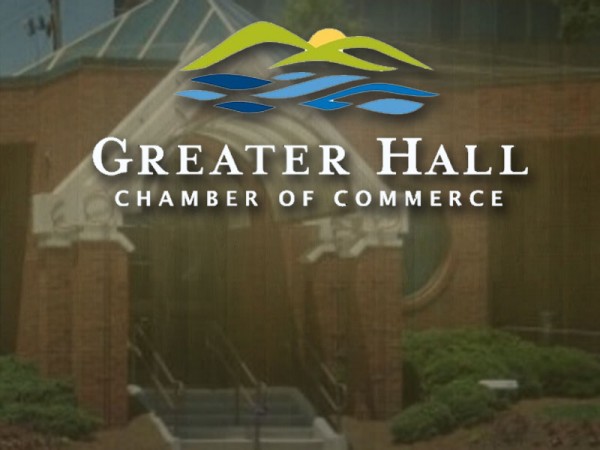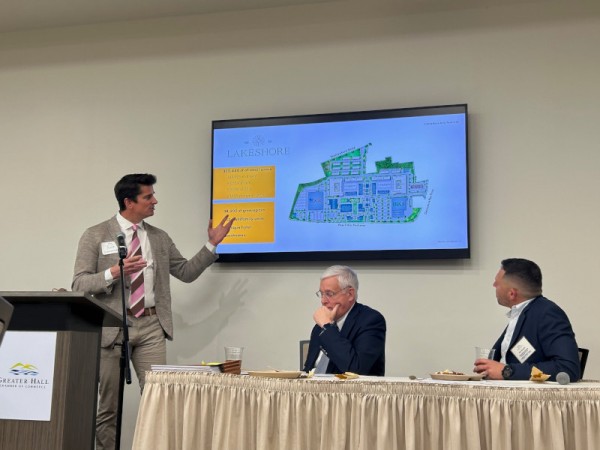WASHINGTON - A group of antitrust lawyers is asking the judge hearing the Microsoft case to stop the settlement process until she decides whether the company disclosed all relevant lobbying contacts with the government.
The American Antitrust Institute claims that Microsoft didn't comply with a federal statute when the embattled software maker listed only contacts with the executive branch.
The Tunney Act, a 1974 law that covers how federal settlements should be determined to be in the public interest, requires the declaration.
Former Sen. John Tunney, D-Calif., author of the law, also has written the Justice Department that he intended the law to cover all employees of the United States, including congressional members and aides. Microsoft has spent considerable time and money over the life of the antitrust case to lobby Congress.
Microsoft says the disclosure portion of the Tunney Act applies only to the executive branch, relying on the fact that AT&T took the same position in its settlement that resulted in the breakup of the telephone giant.
``We feel the process should move forward, and we look forward to the judge's review of this settlement,'' said Microsoft spokesman Jim Desler.
Albert Foer, president of the lawyers group, said the request for an injunction and hearing within 20 days will serve as a preliminary indication of whether U.S. District Judge Colleen Kollar-Kotelly is willing to consider the institute's position.
``I think we've made a very strong argument that the law has not been complied with,'' Foer said in an interview.
Nine states and the federal government settled their antitrust charges with Microsoft last year. Kollar-Kotelly is scheduled in March to decide whether to approve the settlement. Nine other states and the District of Columbia are fighting for stronger penalties against the Redmond, Wash., company.
Friday
July 4th, 2025
10:06AM
















